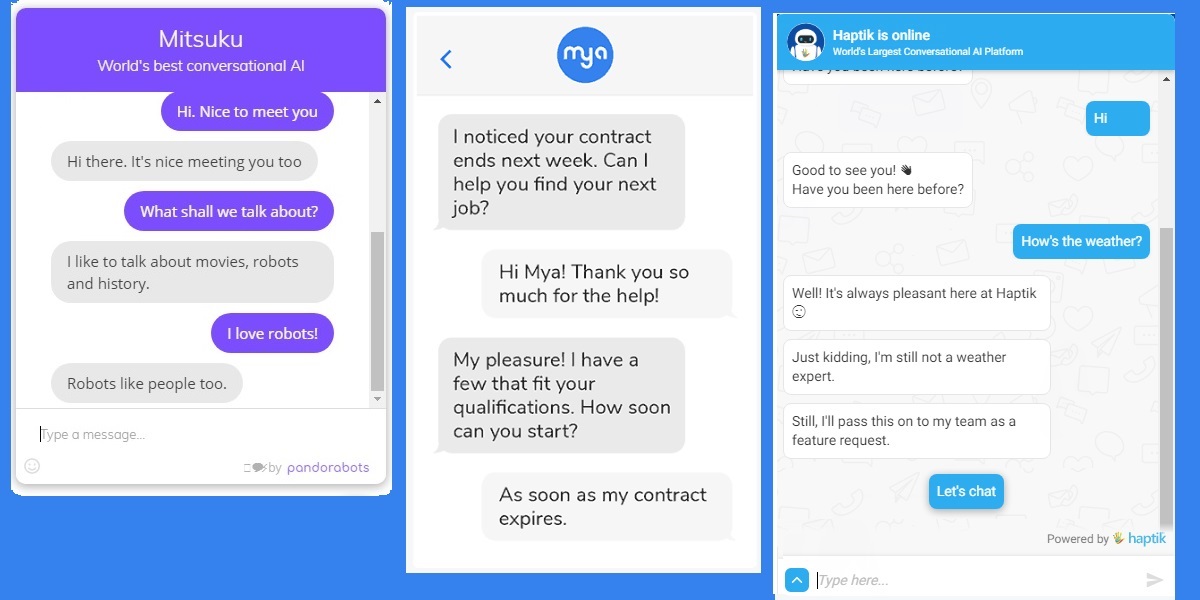Twitter co-founder Biz Stone and Lars Buttler, chief executive of San Francisco-based The AI Foundation, introduced a new concept of ‘personal media’, enabled by artificial intelligence at last week’s One Young World Summit in London. The company is developing technology to allow anyone to create an artificial version of themselves to represent their interests anytime, anywhere. These personal avatars will look, sound and act like their creators.
According to the Stone and Buttler, just as the world moved from the mass media era to the social media era, it will now begin to move into the age of ‘personal media’.
Continue reading this story on The National.







